Run if you can’t win? Vondrousova firmly fires back at Pliskova
In the spotlight of Tokyo, an incomplete match caused greater waves than a normal finish. Vondrousova retired due to injury, and Pliskova openly accused her of “running away when she couldn’t win.” Vondrousova’s biting comeback transformed this routine WTA tournament into a microcosm of tennis ethics, professional spirit, and the darker side of human nature.
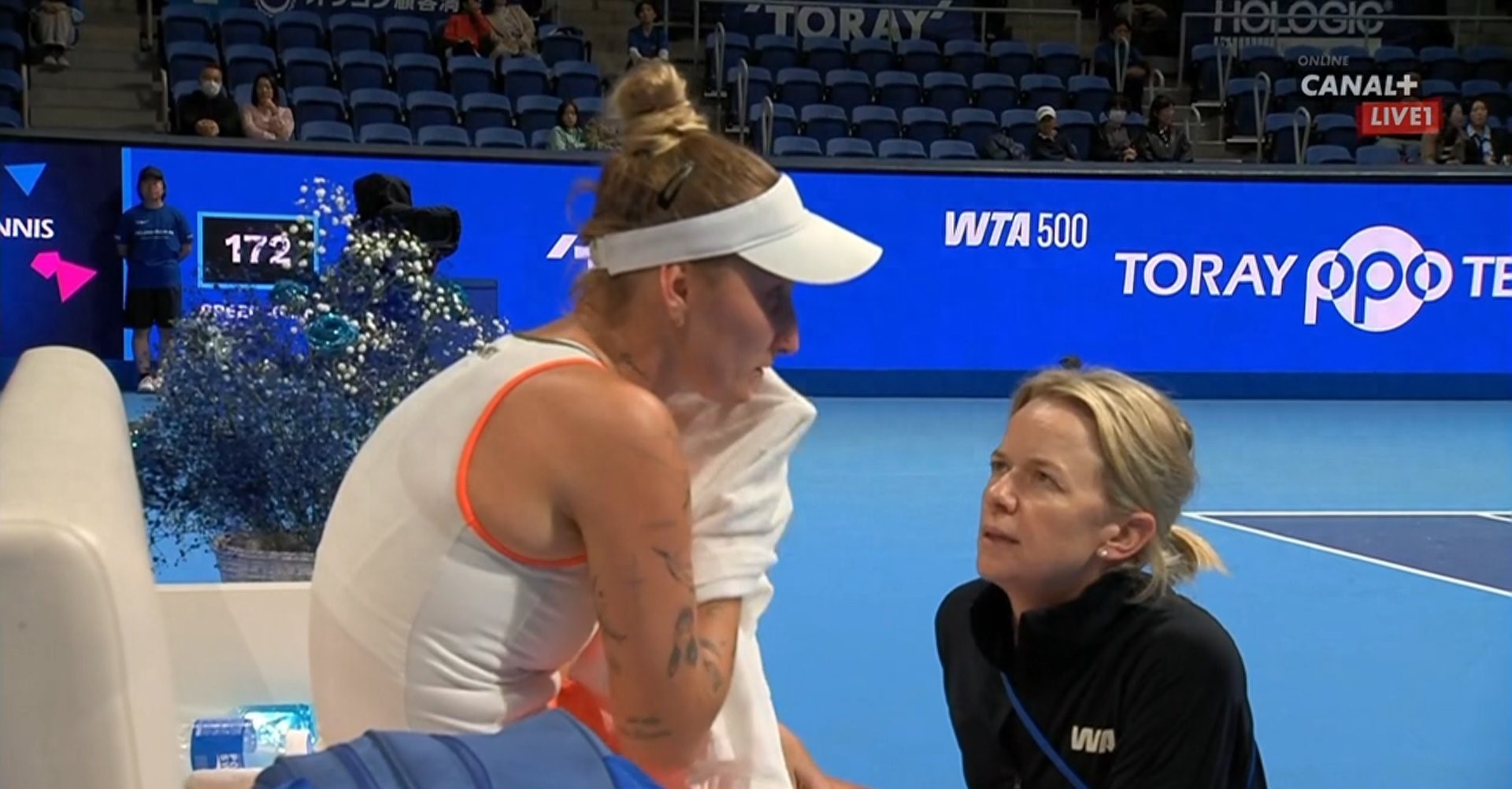
When Vondrousova and Muchova met again across the net in Tokyo, the memories from Ningbo were still vivid. Standing on opposite sides were not just two players, but compatriots so familiar with each other that they could anticipate their next moves. Unexpectedly, the match replayed itself—Vondrousova again retired due to injury, leaving an unfinished score and a field full of regrets. As the audience was still digesting the abrupt end, Pliskova’s comment dropped like a stone into calm waters: “When you feel you’re going to lose, retiring becomes the easiest option.” This typically blunt Pliskova statement stripped away the usual diplomatic facade of professional tennis, directly questioning the competitive integrity behind the decision to withdraw.
Pliskova’s career has always been marked by this candid style. In a world filled with formulaic responses, her straightforwardness is like a fresh current—no beating around the bush, no sugarcoating, but often stirring controversy. This time, her criticism targeted the eternal gray area in professional tennis: where exactly lies the boundary of legitimacy for injury withdrawals?
Professional tennis players live in a constant identity split: they are both athletes chasing glory and CEOs managing their personal brands. When the body sends warning signals, these two roles come into internal conflict. From a purely competitive standpoint, athletes should fight until the last point. Tennis history is full of classic battles fought through pain—Nadal’s persistence in the 2008 Wimbledon final, Djokovic’s comeback against Tsitsipas at the 2021 French Open. These moments are celebrated because they embody the core spirit of sport: never giving up.

However, the demanding modern tennis schedule and the high opportunity cost of a career make “strategic rest” a necessary evil. Federer once admitted, “Learning to protect your body at the right time requires more wisdom than blindly pushing through.” It’s a harsh reality: a potentially career-threatening injury versus a match you might lose—what weighs heavier?
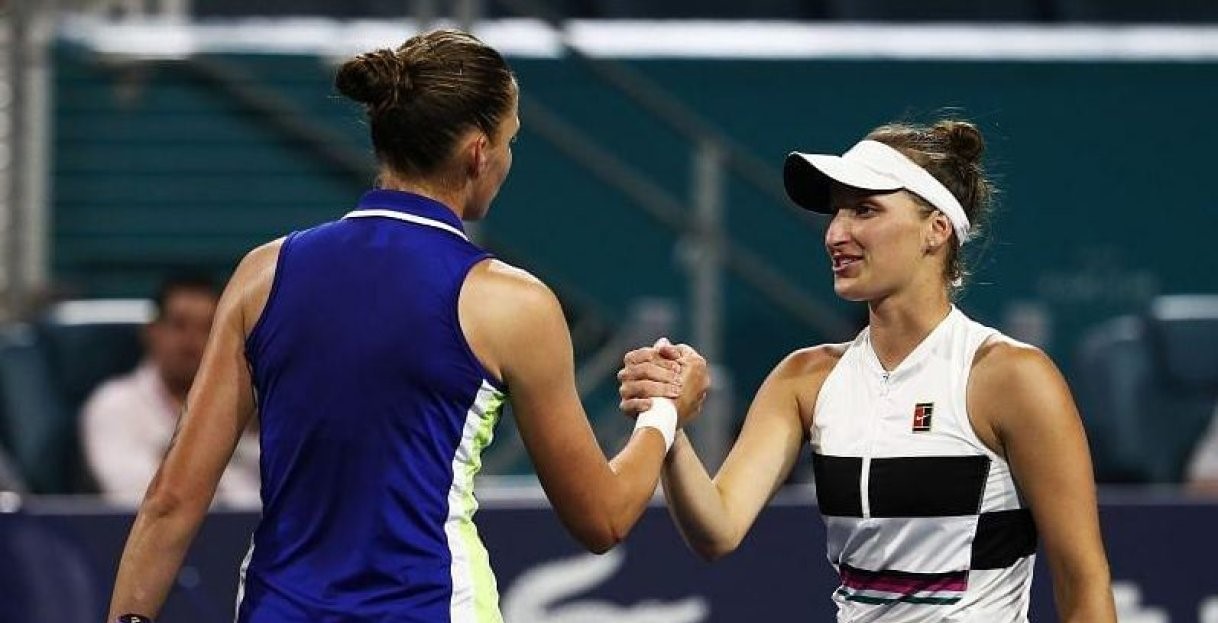
Vondrousova’s choice likely stems from this balancing act. Her ironic reply is not only a defense of personal dignity but also reflects the complex considerations athletes face when confronting physical limits. “Not every decision needs to be justified to others.” Behind this sentence lies the solitary choice every athlete must make. Pliskova’s bluntness is rare in the carefully packaged world of professional sports, yet it raises difficult questions. Her remarks tear open the tacit understanding in professional tennis—there truly are some suspicious timing of withdrawals.
Yet, this kind of “honesty” comes at the cost of damaging peer relationships. The WTA tour is a close-knit community where players travel, train, and compete together year-round. In such an environment, publicly criticizing fellow players breaks a delicate symbiotic balance. Agassi described this relationship in his autobiography *Open*: “We are enemies, yet the only ones in the world who truly understand each other’s situations.”
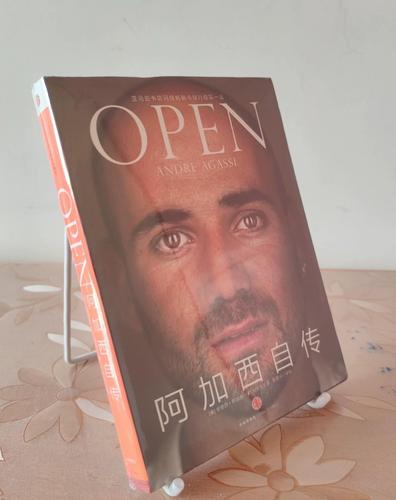
Pliskova’s frankness reflects a deeper phenomenon: in the high-pressure cooker of professional sports, genuine emotions eventually find an outlet. But when that honesty hurts others, its moral justification becomes unclear. This controversy has no simple right or wrong answer; it touches on the eternal question in professional sports: where is the reasonable line between pursuing victory and protecting health?
History is filled with tragedies of injuries worsened by stubborn persistence, as well as regrets over missed glory due to cautious withdrawals. Fans want to see full commitment; players must consider their long-term careers. Navratilova once said, “Tennis is a sport that requires both body and mind, and sometimes the latter is more important.” Vondrousova’s retirement may well embody this wisdom—choosing to stop when unfit is both a responsibility to one’s body and a respect for the quality of the match.
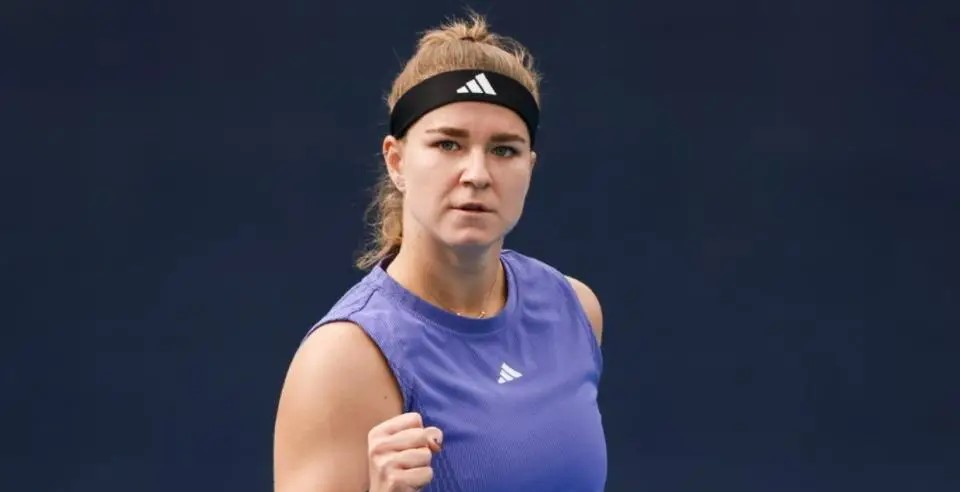
In this remote exchange between Pliskova and Vondrousova, we see the true contradictions within professional tennis. Every decision under the spotlight is magnified, and the truth often lies in the gray area between “brave persistence” and “wise retreat.”
When the lights in Tokyo go out, the controversy sparked by the withdrawal will eventually fade, but the reflections it leaves will continue. Professional tennis players are always walking a tightrope—between fighting and protecting, between authenticity and decorum, between personal interests and sportsmanship.
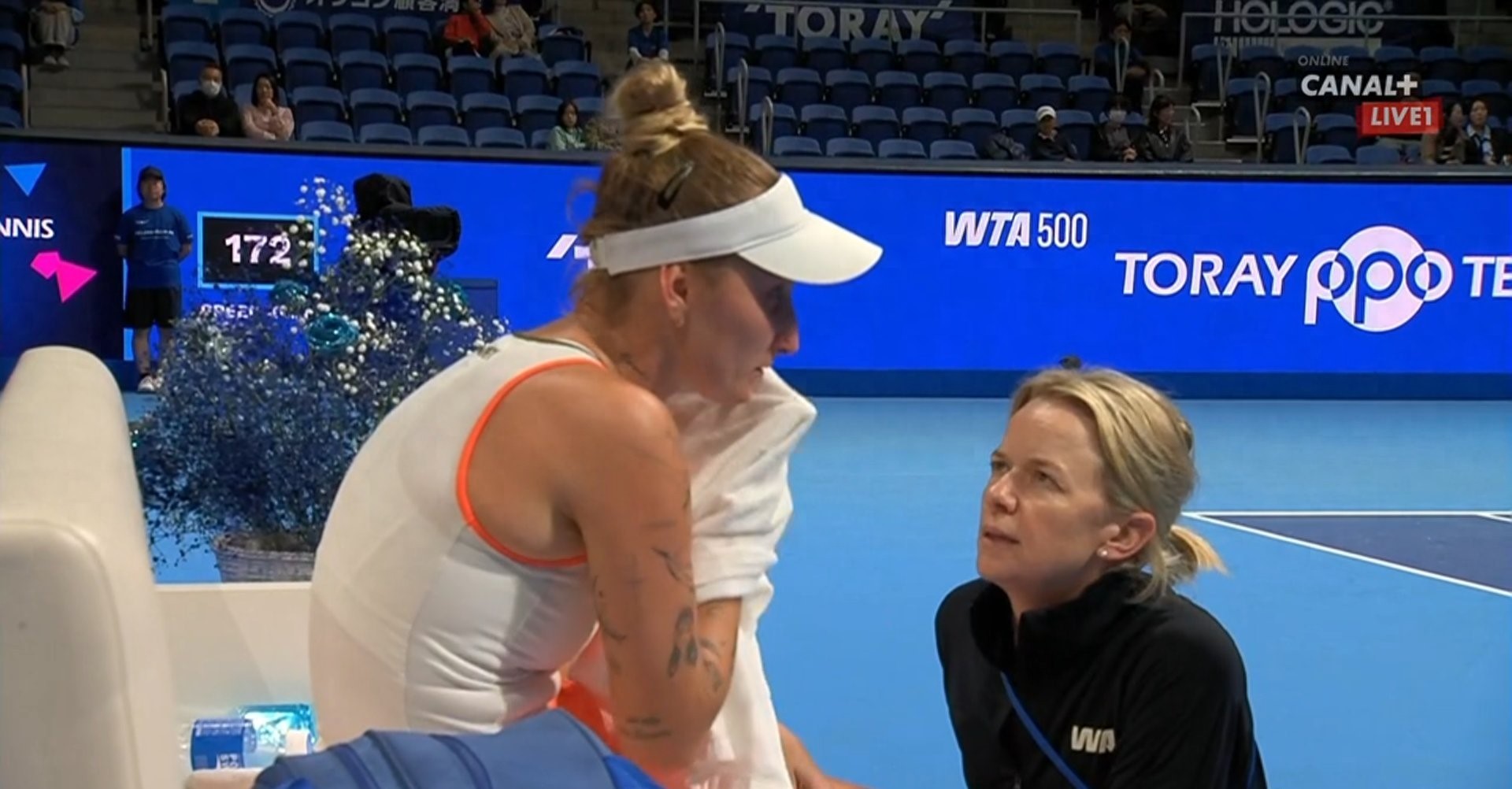
Perhaps what we need is more mutual understanding: appreciating the candidness of blunt speakers and recognizing the difficult choices of those who withdraw. Beyond black-and-white judgments lies a more complex reality: professional sports are both a stage for heroism and a showcase of human frailty. In this imperfect realm, maybe the only consensus is that every decision deserves respect, and every voice deserves to be heard—even if some voices are harsh and some decisions provoke doubt. The greatest lesson from this unfinished match might be that on the lonely path of professional tennis, empathy and competitiveness are equally valuable.(Source: Tennis Home, Author: Xiao Di)







 Links
Links
 Contact
Contact
 App
App


